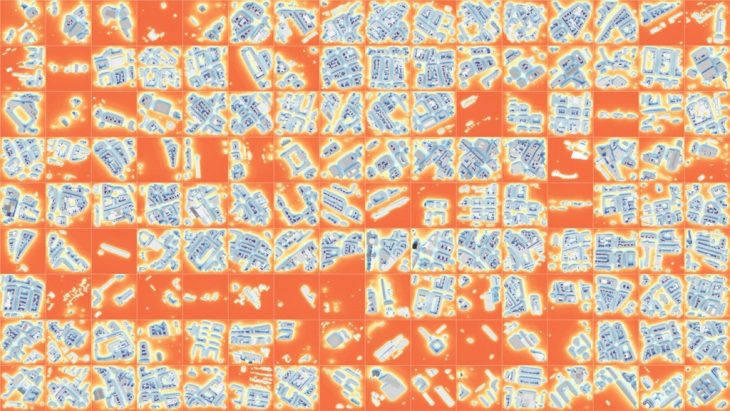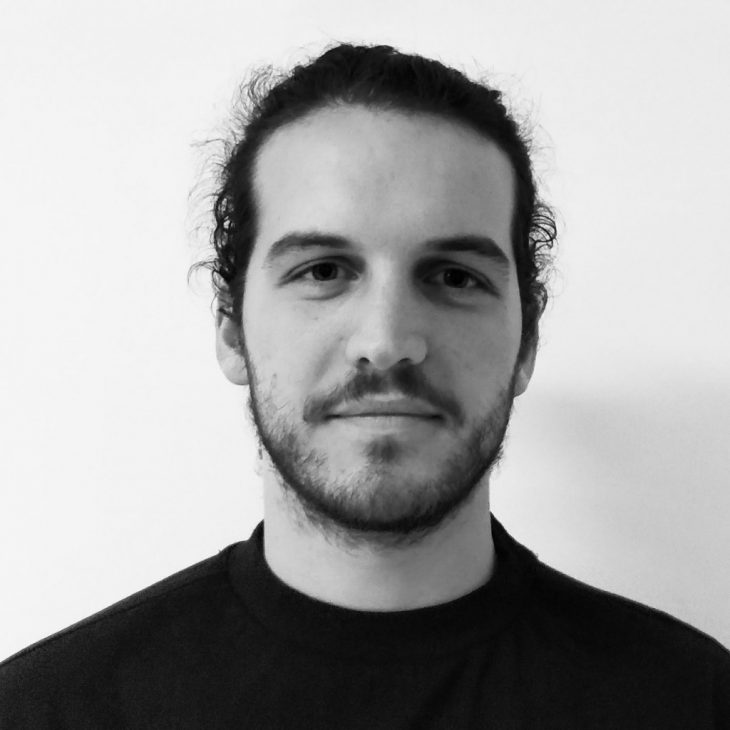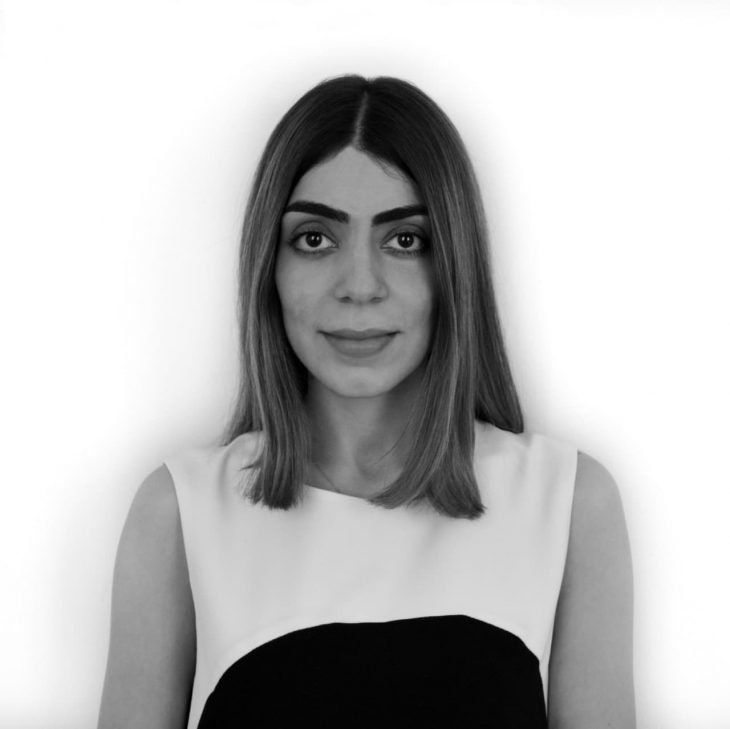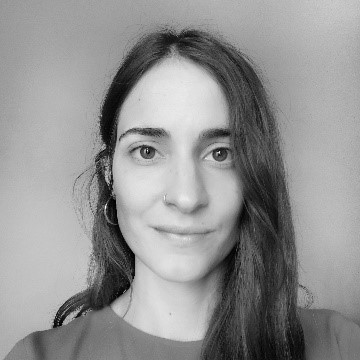Master in City & Technology 2020/21 – Term III
Studio Name: The Internet of Buildings
Total Hours: 50 hours
Senior Faculty: Angelos Chronis
Computational Expert: Iacopo Neri
Faculty Assistants: Mahsa Nikoufar & Androniki Pappa

Credits: City Intelligence Lab, Austrian Institute of Technology GmbH
Context & Agenda
One of the most common points for the continuous urban densification is that the majority of the world’s population either already does or eventually will live in cities. 50% of the world’s population lives in urban environments today and according to OECD’s projection 70% of the world will do so by 2050. However, that projection is based on the assumption that urban environments will continue to be attractive places to live in.
In the wake of the global pandemic that has so significantly changed how we operate in cities and in anticipation of the now inevitable climate emergency, there has never been a better moment to radically redefine how we perceive, conceive and construct our urban environment. Urban transformation is much more than a buzzword in today’s urban planning community and it requires quite challenging and interdisciplinary approaches.
Our urban environments today are understood to be much more than building typologies and massing morphologies and involve complex structures and networks of human and environmental activity. Climatic conditions, energy, several layers of mobility networks, data and communication flows, economic and cultural activity, political and societal forces and even viruses are all governing how our cities look, feel and function.
In the “Internet of Buildings” studio, we will firstly attempt to understand, analyze and simulate the urban conditions by attempting to untangle the interweaved layers of physical and non-physical driving forces of urban transformation. Building upon a data and science driven approach we will attempt to project the impact of our current urban challenges into the future and thus aim to propose specific solutions that have the potential to transform our cities into more resilient, sustainable and livable environments.
Faculty

Angelos Chronis is the head of the City Intelligence Lab at the Austrian Institute of Technology in Vienna and he teaches at the Institute for Advanced Architecture of Catalonia and the Bauhaus University in Weimar. He studied Architecture at the University of Patras and Computational Design at the Bartlett, UCL and has completed his PhD as a Marie-Curie Fellow at the Innochain Innovative Training Network. He has previously worked as an Associate at Foster+Partners and has been teaching at the Bartlett, UCL, the IUAV in Venice and the TU Graz. His research focuses on performance driven design and simulation but he has worked in various fields, including AI and machine learning, AR/VR, 3D scanning, digital fabrication and interactive installations. He has developed various design systems and simulation interfaces, including InFraReD, an AI based design framework for urban planning.

Iacopo Neri’s research lies at the intersection between architecture, computer science and urban planning. He holds a Master of Science in Architecture with Distinction at The Polytechnic University of Milan, and attended a Master in City and Technology at the Institute for Advanced Architecture of Catalonia (IaaC, Spain) after presenting a paper about Swarm Intelligences for crowd-based analysis during the Responsive Cities Symposium (2017, Barcelona). He has been involved as a teaching assistant since 2015 at the University of Florence, later, at The Polytechnic University of Milan, and finally at IAAC where he is currently part of the City and Technology computational research team. He also works as a computational designer at External Reference Architecture Bureau, Barcelona.

Mahsa Nikoufar is an Urban Technologist and System Designer with a background in Urban Development Engineering & Planning from Art University of Tehran and is an IAAC alumni from the Master in City & Technology 02 (class of 2020). Her research lies at the intersection of Creative, Smart, and Circular Cities. She has experience with ICT companies related to smart cities and is the winner of the IAAC Award in 2019 for the Internet of People project “Capitalism in a Sharing City” and in 2020 for her thesis project “Circular Collective Nexus”. Mahsa was a selected member for the first round of Ellen MacArthur Foundation’s “From Linear to Circular” London workshop and then joined IAAC as a researcher for H2020 projects where she collaborates with the POP-MACHINA research project about circular economy. She is currently focused on innovation in urban systems and digital twin technologies.

Androniki Pappa is a Marie-Curie Early Stage Researcher doing her PhD on Participatory Design and Urban Co-Governance Strategies at the ISCTE – University Institute of Lisbon. She holds a diploma of Architecture from the University of Patras and an MA in Architecture and Historic Urban Environments from the Bartlett, UCL. She has worked as a professional architect in several and diverse studios in Greece and the UK as well as a researcher in the Hellenic Institute of Architecture. Her research incentives relate to interdisciplinary methodologies towards the concept of engaging urbanism, working across architecture, art installation, model making, material and technique testing, film, ethnography and social history. She has also actively participated in exhibitions, lectures, workshops and conferences as an organiser, researcher, volunteer, or audience.
